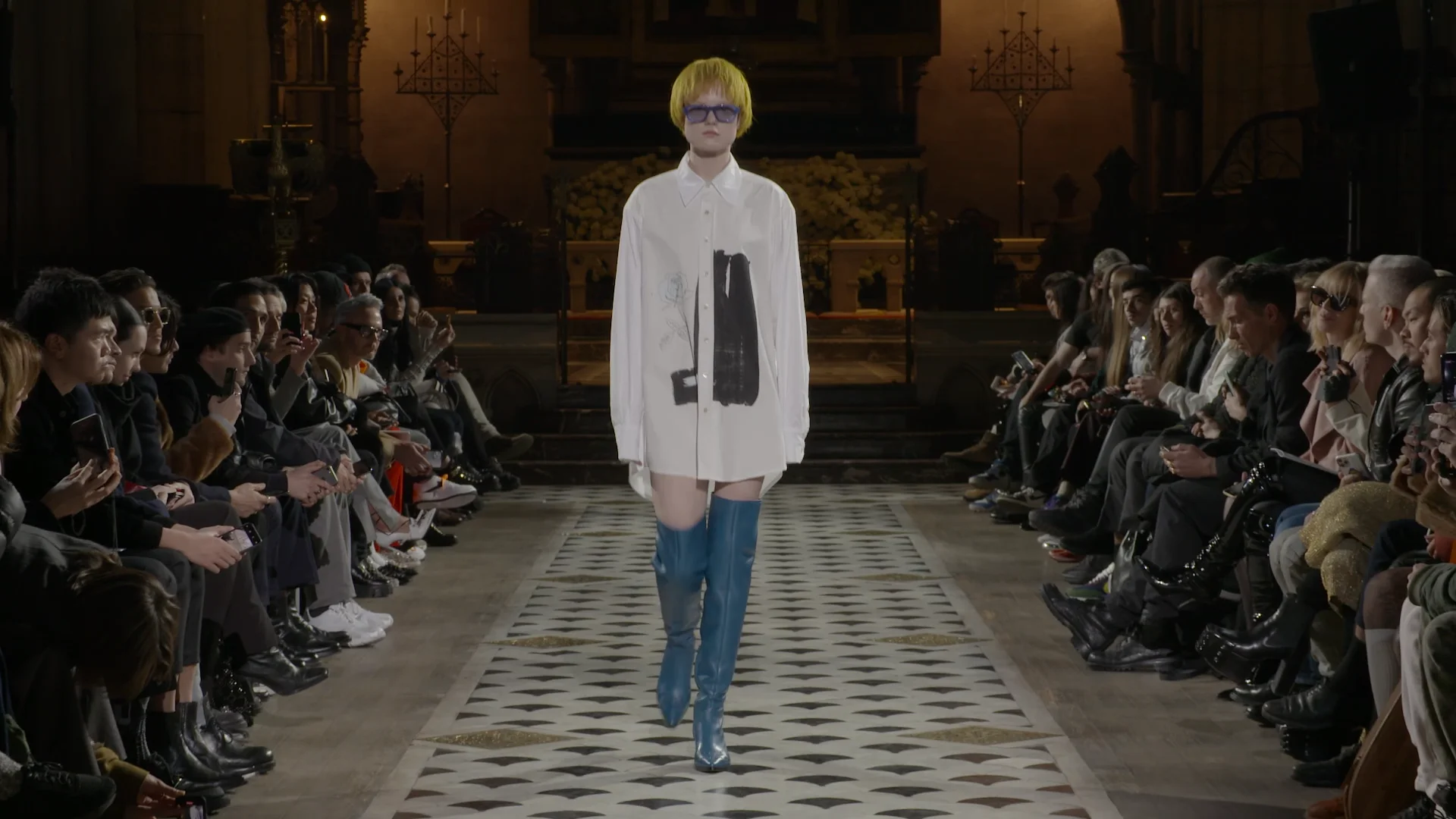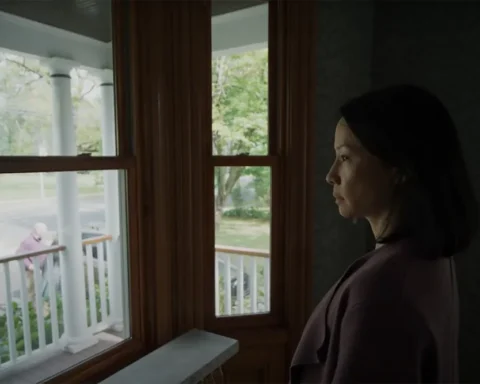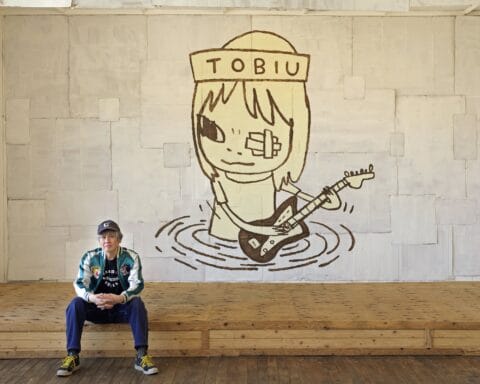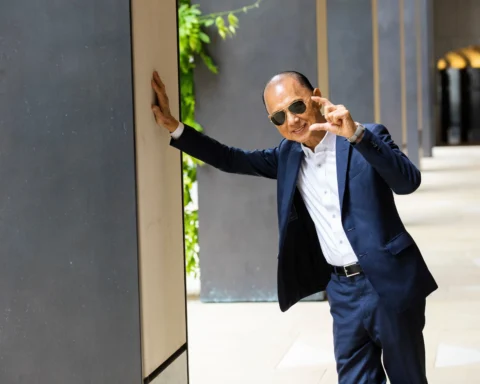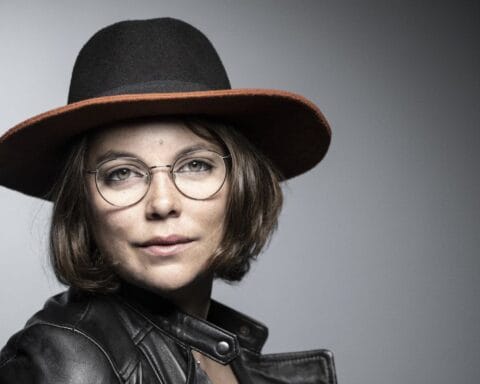Enfants Riches Déprimés (ERD) is not merely a fashion label—it is a sartorial outcry, a paradox incarnate, suspended between the nihilism of haute couture and the existential void of its disenchanted youth. Founded in 2012 by the enigmatic enfant terrible, Henri Alexander Levy, the brand embodies an aesthetic ethos that deliberately eschews the comforting narratives of modern fashion, opting instead to confront, provoke, and unsettle. It stands as a rebellious gesture in a landscape often mired in commercialism and repetition, offering a vision that melds the decadent with the deranged, the opulent with the anarchic.
Origins of Discontent: A History Steeped in Alienation
Enfants Riches Déprimés, translated as “Depressed Rich Kids,” was conceived as a reaction to the banalities of privilege, an autobiographical reflection of Levy’s own disillusionment with the trappings of wealth. Born into affluence yet alienated by its hollow promises, Levy sought to create a visual language that could both critique and mirror the existential despair he saw lurking beneath the gilded surface of luxury. The brand was born out of a desire not just to make clothes but to craft a cultural commentary—a wearable dialectic that questions the very premise of consumerist satisfaction.
ERD’s early collections were small, exclusive, and deliberately unattainable, priced exorbitantly to create a sense of anti-consumerist irony. In limiting accessibility, Levy sought to underline the absurdity of desire within the capitalist matrix—a critique rooted in the artful exploitation of privilege. The brand’s rarity, alongside its cryptic allusions to subcultures like punk, Dadaism, and abstract nihilism, quickly garnered a cult following, attracting not just fashion aficionados but artists, musicians, and rebels seeking solace in its anarchistic creed.
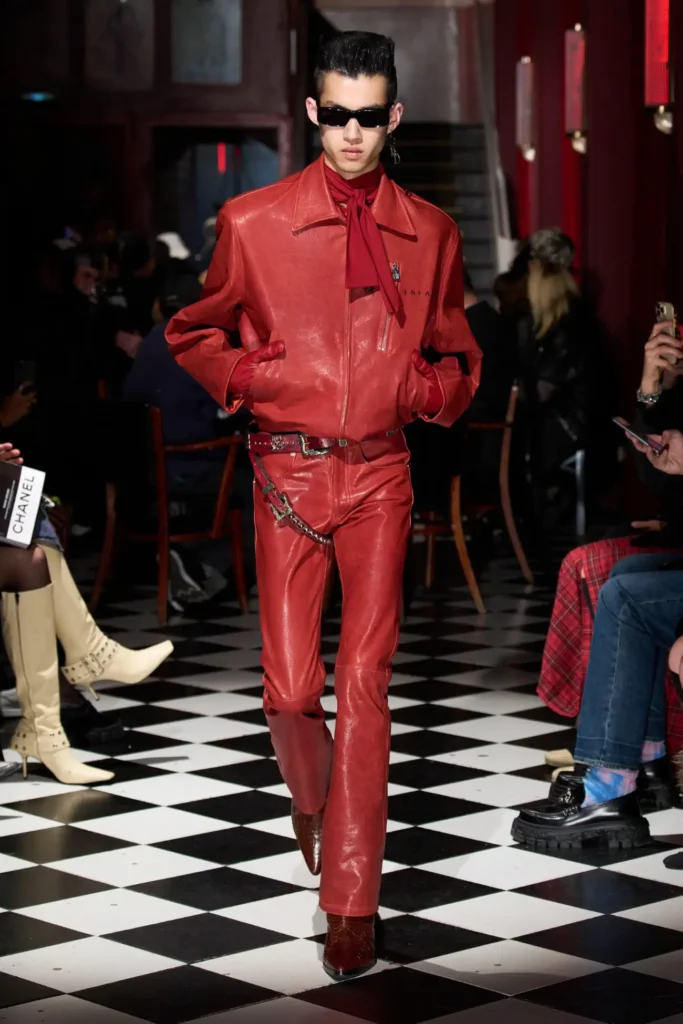
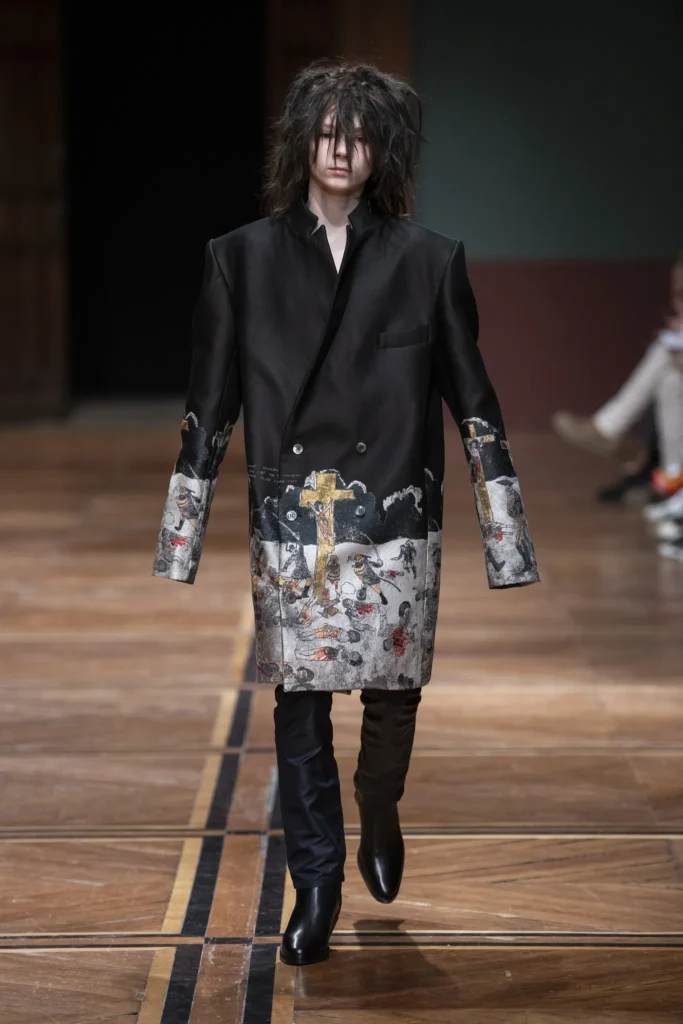
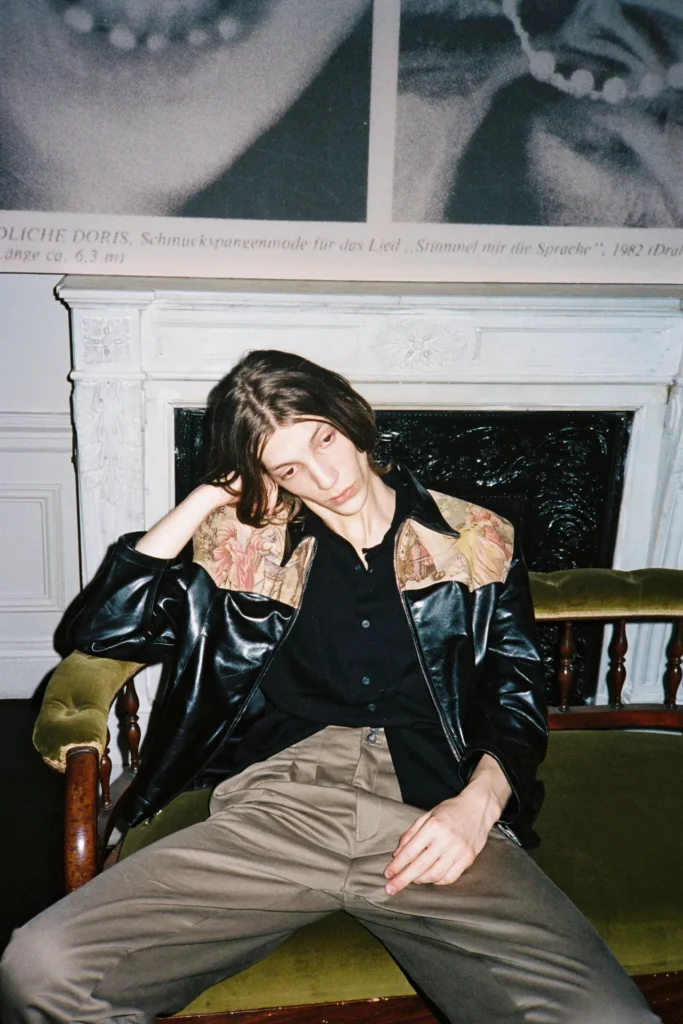
Aesthetic of the Void: The Distorted Symphony of ERD
The visual and material lexicon of Enfants Riches Déprimés is one of calculated deconstruction. Each garment is a fragmented narrative, a melancholic symphony woven from torn fabrics, distressed textures, and intentionally erratic silhouettes. Here, clothing becomes less about the refinement of form and more about the expression of disarray, an embodiment of emotional and philosophical unraveling.
Distressed leather jackets, shredded t-shirts emblazoned with cryptic slogans, and patched-up knits all scream of existential weariness, as if the pieces themselves have lived through the trauma of disillusionment. There is a violence to the artistry of ERD—subtle yet pervasive, mirroring the psychological scars of disaffected youth. This is not fashion for the faint-hearted; it is a visceral experience, where beauty lies not in perfection but in the raw exposure of imperfection.
Levy’s work often draws heavily on artistic movements that embrace chaos and rebellion, with nods to abstract expressionism, post-punk, and the avant-garde. His collections seem to channel the angst of Jean-Michel Basquiat’s street-inspired canvases, the anti-establishment fervor of Sex Pistols-era punk, and the existential questioning of Jean-Paul Sartre’s philosophy. This bricolage of influences culminates in a brand that refuses to be easily defined, rejecting the constraints of tradition in favor of an aesthetic that is both intellectual and primal, elitist and anarchic.
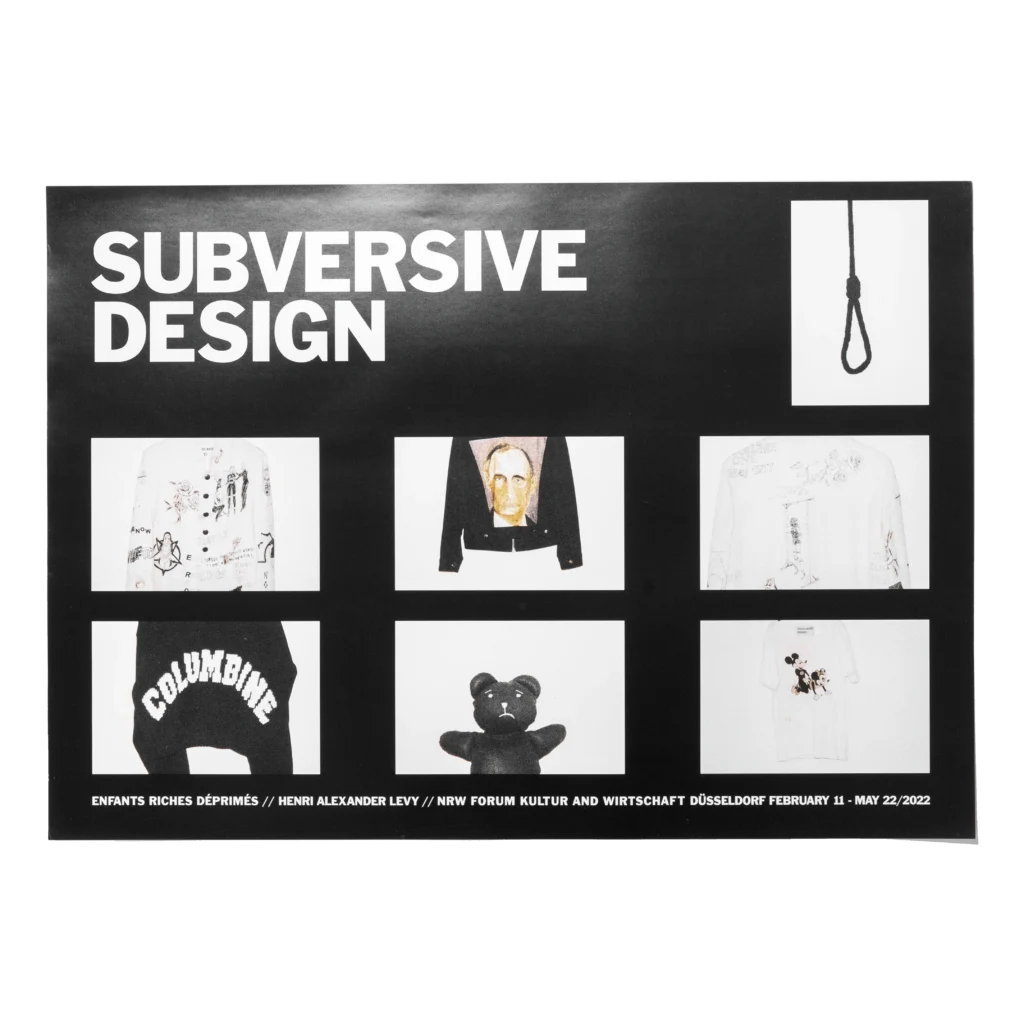
Political and Philosophical Undertones: A Radical Gesture
To view Enfants Riches Déprimés as merely a fashion brand is to overlook its deeper, more subversive underpinnings. At its core, ERD is a political statement—an indictment of the societal structures that perpetuate inequality, alienation, and ennui. Levy’s artistic direction has always been inherently philosophical, grounded in a rejection of the commodification of culture and the empty aspirations of consumerism.
In many ways, ERD embodies a form of anti-fashion, a critique not only of the sartorial industry but of the socioeconomic systems that underpin it. By pricing its collections astronomically high, the brand holds a mirror to the absurdity of luxury’s exclusivity, forcing its audience to question the value and meaning of desire in a capitalist society. This contradiction—creating expensive garments that critique wealth—becomes a philosophical exercise in cognitive dissonance, a Sartrean “bad faith” embodied in threads and stitches.
ERD’s political stance is implicit, embedded in the art of its presentation. The brand does not shout slogans of revolution but rather whispers them through layers of irony and nihilistic detachment. The slogans and symbols that appear on its clothing—esoteric, cryptic, often intentionally oblique—invite interpretation but never provide clear answers. They serve as a medium for existential questioning, challenging the wearer and the observer to confront their complicity in the systems of oppression they navigate daily.
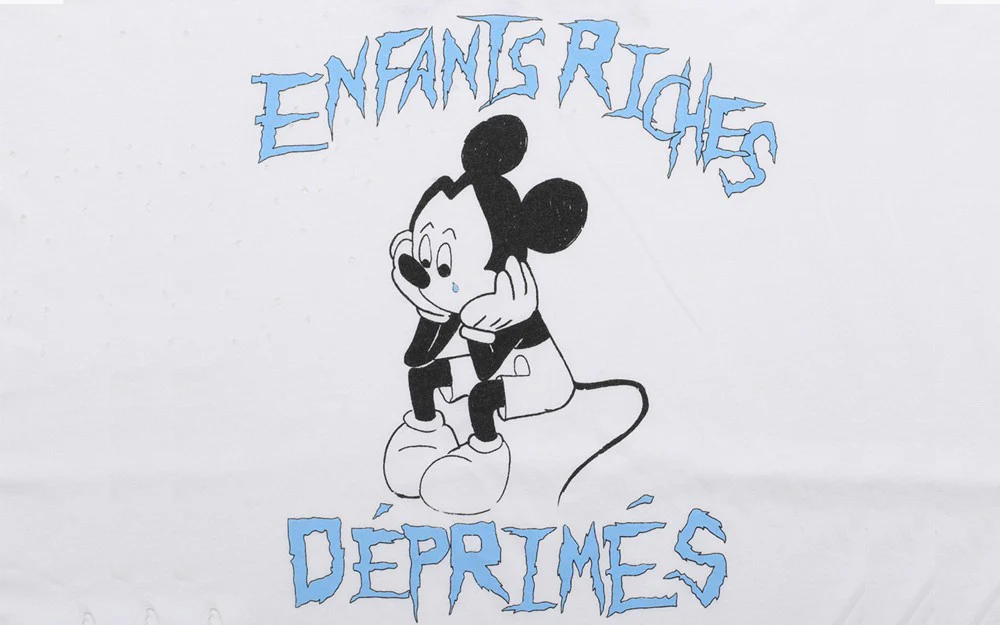
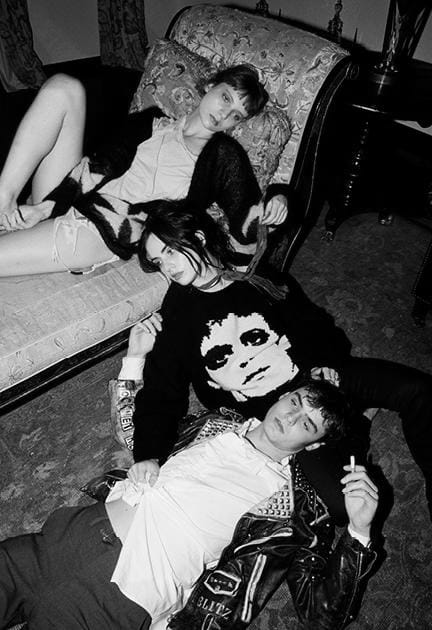
The Paradox of Enfants Riches Déprimés
There is an undeniable paradox at the heart of Enfants Riches Déprimés—a tension between rebellion and privilege, art and commerce, alienation and aspiration. This duality, rather than undermining the brand’s vision, reinforces it. ERD thrives in the space between opposites, crafting a narrative that is at once a critique of wealth and a product of it, a celebration of counterculture within the framework of high fashion.
The brand’s success lies in its ability to occupy this liminal space, where identity, politics, and art converge in a dissonant harmony. Each collection is a manifesto of disillusionment, a critique of modern existence that refuses to offer solutions. In this way, Enfants Riches Déprimés does more than dress bodies—it dresses the psyche, layering it with a complexity that reflects the multifaceted despair of contemporary life.

To wear ERD is not just to wear a garment, but to participate in a living, breathing discourse on the futility of wealth, the isolation of privilege, and the beauty of existential chaos. Like a piece of abstract art or a philosophical treatise, it requires interpretation, contemplation, and perhaps, most importantly, discomfort. In a world obsessed with appearances, Enfants Riches Déprimés dares to ask the most unsettling question of all: what if there is no meaning?
And in that void, it finds its deepest, most resonant truth.
